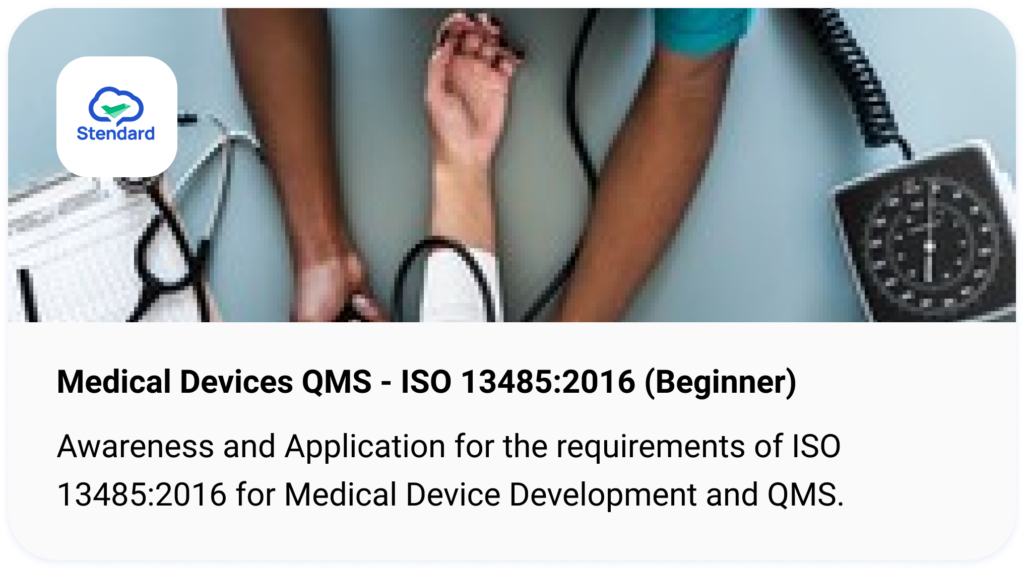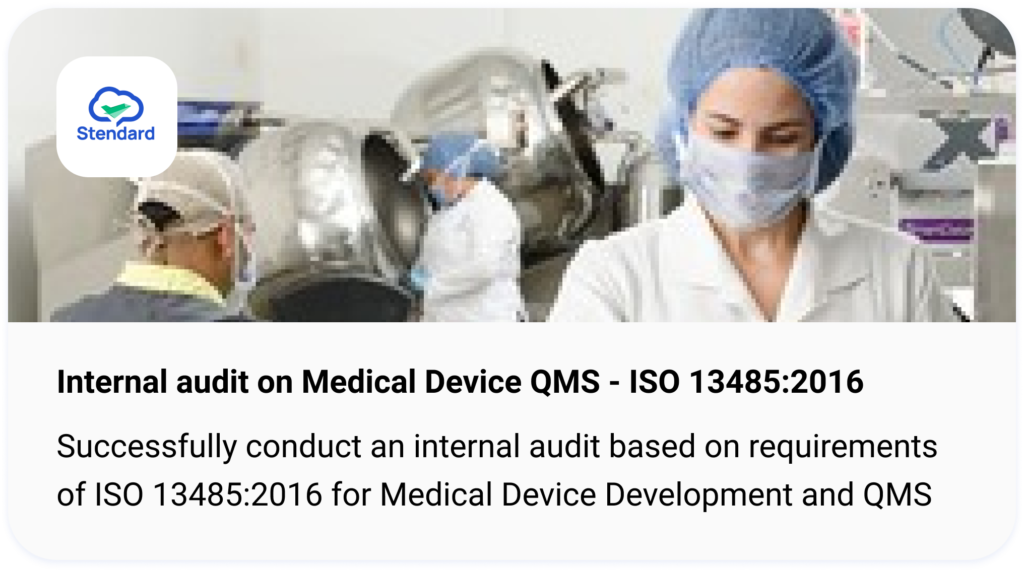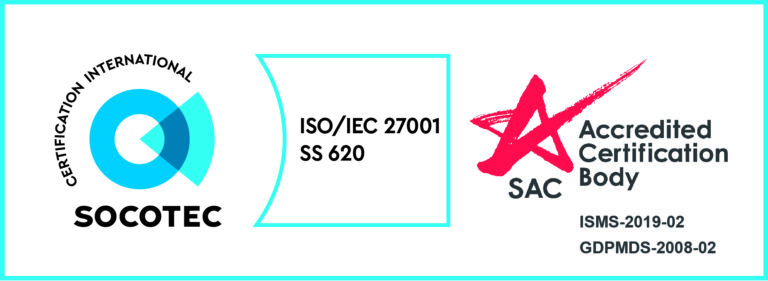Are you a business or an organisation in the extension phase and needs quality management systems such as that of the ISO 9001 to scale up but not sure what the statutory and regulatory requirements in the certification process are?
If yes, you are not the only one struggling with introducing a quality management system to your organisation or business.
There are hundreds of thousands of businesses worldwide striving to have a quality management system to cut down on costs, increase productivity and improve customer satisfaction. The ISO 9001 for businesses is not statutory and regulatory requirements. It helps companies and organisations in their processes and procedures to achieve quality systems of objectives while adding to the continual improvement of the business and organisation.
Many businesses or organisations fear introducing a quality management system (QMS), primarily due to the impression of it being time-consuming and costly.
This article will tell you how we have helped hundreds of companies over the years in introducing the ISO 9001 to their businesses and how we can help you meet the customer and regulatory requirements too.
What is the ISO 9001:2015 Quality Management System?
ISO 9001:2015 is a quality system that sets out quality management principles for organisations and companies to standardise their products or services by improving the overall process, safety, and quality in its domain.
Is it a legal requirement?
There is no legal requirement to have an ISO 9001 certification. Companies as small as having under ten employees can have quality management. Still, we will not recommend it for you if you are the only person in your business who happens to be the CEO and only employee at the same time.
Who governs the ISO 9001?
The ISO is composed of 160 member organisations from 167 countries across the globe. These members have experts on board to suggest, discuss and ultimately publish the ISO 9001 quality management systems standard for the industries to meet ideal quality assurance and enhance customer satisfaction.
What is the current ISO 9001?
The latest ISO 9001 was published in 2015. The clauses to meet quality management were reduced from ten to eight to optimise the process approach for companies and organisations.
What are the ISO 9001 Quality Management principles?
The ISO 9001:2015 consists of 7 quality management principles to benchmark quality progress in a company or organisation, which include:
- Engagement of people/Staff
- Customer/Public focus
- Best process approach
- Leadership development
- Operational improvements
- Making evidence-based decisions
- Inter and intra-organisational relationship management
Why is it important to become ISO 9001 certified?
The ISO 9001 is an international standard quality management system that allows organisations and companies to meet the milestones set and focus on consistently:
- Best supply chain management
- Human resources management
- Strong customer focus
- Meet customer requirements
- Risk-based thinking
What are the main benefits of ISO 9001:2015 certification?
While the ISO 9001 is befitting for both small and large organisations with its across the board applicable quality management system, it also has the following benefits:
- Better internal management within the organisation or company.
- Less wastage in terms of resources and time.
- Increased efficiency and productivity.
- Improved customer relationships.
- Measurable outcomes.
- Globally recognised quality management system to work, expand, or collaborate internationally.
What are the ISO 9001:2015 requirements?
There are many mandatory and non-mandatory items in the checklists you need to have with you for the ISO 9001 certification. This includes records for training, experience, qualification, design, development, service requirement, non-conformity, management reviews, corrective actions, and many more. Do speak with your preferred partners or consultants to obtain these checklists.
You can prepare the documents for quality management audits, but the process can be time-consuming. Therefore, it is usually preferred to have an ISO consulting company that will help you in the process and make it easier to compile the data into a single document repository and prepare you for the ISO 9001:2015 Certification audit.
Consulting firms like Stendard also help our clients conduct internal audits under the ISO 9001:2015 standard to prepare for a third-party audit. Upon successful third-party audit, your company will be issued the ISO 9001:2015 Certificate.
Do you need the ISO 9001:2015?
Ideally, every company and business needs the ISO 9001 to utilise its human and material resources better. Still, it may be challenging for small enterprises or startups in the documentation stage.
Therefore, it is quicker and easier for such companies to hire a consulting company to make the process of ISO 9001 certification easier for you. You can then put your mind to focus on your products and services.
Summary
The international standard ISO 9001:2015 sets out management system standards for businesses and organisations across the globe. The parameters of which are set by industry specialists from around 160 countries, adding to the continual improvement of the ISO 9001 quality management system.
The ISO 9001:2015 uses seven quality management parameters to optimise the process approach for companies and organisations’ best utilisation of resources and time, increased efficiency and productivity, improved customer relations and a globally recognised management system.
Having an ISO 9001:2015 certification is mainly needed by businesses and organisations in the growth and expansion stage. Companies trying to improve their overall management system should also consider introducing a quality system. This will increase your product quality, productivity, and efficiency in your output.
If you are a business or an organisation that needs help with statutory and regulatory requirements in the ISO 9001 certification, let us make the quality management system easier for you.





